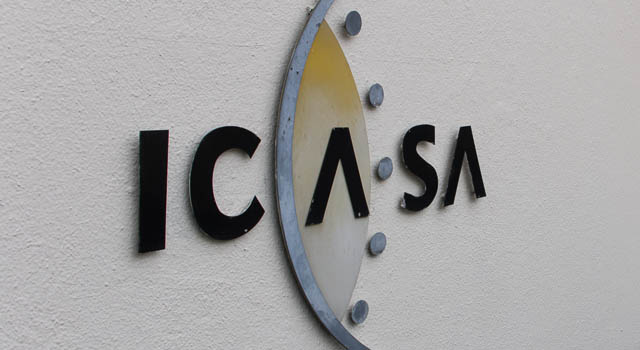
The way South Africa’s telecommunications and broadcasting regulator, the Independent Communications Authority of South Africa (Icasa), is structured and funded could be overhauled as part of a review of the country’s information and communications technology legislation.
This is clear from the National Integrated ICT Policy Green Paper, published at the weekend by the department of communications. The Green Paper is the first step in a legislative process that will also include publication of a White Paper, expected in August 2014.
The process is expected to lead to big changes in the way South Africa’s communications sector is managed from a policy and regulatory perspective.
The Green Paper, which is a discussion document more than an attempt as draft legislation, has raised the idea of big changes in the way in which Icasa is managed. Some of the proposals could prove contentious, especially if they are seen to undermine the authority’s independence, which is enshrined in chapter 9 of the constitution.
Under existing legislation, the communications minister is empowered to issue policy directives to Icasa if there are matters he or she feels the authority must consider.
“These directives are an important instrument enabling government and Icasa to respond to technical and other developments that may not have been anticipated in the original legislation,” the Green Paper says. However, it’s clear the department feels this process, under the current rules, consumes too much time.
“As the convergence of technologies gather pace, the ability of both the minister and Icasa to take appropriate action timeously will become important,” the Green Paper says.
The document adds that “in some cases”, the outcomes flowing from policy directives have led to results that are “contrary to the policy aims”.
“This raises the question of whether Icasa should not be required to consult the minister prior to finalising the regulations,” it says.
“This would allow the minister to confirm that the regulations are in line with policy objectives that the directive originally sought to address.
“Such a consultative process becomes more important, taking into consideration that there is no room for government participation in the consultation processes of the authority.”

The Green Paper has also raised the possibility of legislative amendments that will change the way Icasa is funded – currently, it receives an annual allocation from national treasury, to which it hands all licence fees and other revenues it collects from the industry.
“Research by the department of communications in 2012 concluded that there is a need for the sources of funding to be diversified in order for Icasa to have funding certainty and taking into consideration other burdens on the national fiscus,” the document says.
Internationally, there are three approaches to funding similar regulatory bodies: formal allocation in the government budget; reliance on market sources of funding (through the collection of fees), but still dependent on government to approve budgets; and self-funding and control of funding.
Most regulators use a hybrid model, the Green Paper says, citing International Telecommunication Union data.
“Icasa requires a funding model that reinforces its independence from all stakeholders (including industry and government) and ensures sufficient funding for the effective execution of its mandate. Such a funding model would ensure stable and predictable cash flow; allow for financial flexibility; allow for the recruitment and retaining of skilled staff; incentivise pro-competitive regulation; and enhance Icasa’s credibility.”
As part of its consultations, the department of communications is asking interested parties how the provisions for ministerial directives can be improved without undermining Icasa’s independence. It also wants to know what changes will safeguard this independence while ensuring “transparent interaction” with government.
Communications minister Yunus Carrim says national public hearings on the Green Paper will be held by the end of February, with provincial hearings to follow in the weeks thereafter. He hopes a White Paper will follow by August. This will then provide the framework for new legislation that is “more suitable to the changed and changing times”. — (c) 2014 NewsCentral Media




